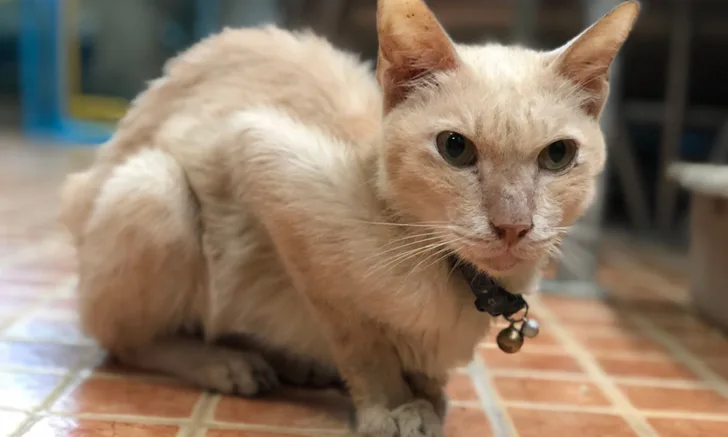Differential Diagnosis: Hypophosphatemia
Julie Allen, BVMS, MS, MRCVS, DACVIM (SAIM), DACVP (Clinical), Durham, North Carolina

Following are differential diagnoses, listed in order of likelihood, for patients presented with hypophosphatemia.
Transcellular shifts
Diabetes mellitus, particularly diabetic ketoacidosis, following insulin therapy (common)
Respiratory alkalosis due to hyperventilation caused by hypoxia, stress, anxiety, salicylate toxicity, CNS disease, fever, heat stroke, sepsis, and/or gram-negative infections
Refeeding syndrome
Decreased absorption
Vomiting/diarrhea, particularly secondary to severe malabsorptive disease
Anorexia
Vitamin D deficiency
Low-phosphorus diet
Overdose of phosphate-binding antacids
Steatorrhea
Following significant intestinal resection
Increased renal excretion
Diabetes mellitus
Diuretics
Corticosteroids
Hyperadrenocorticism
Hypercalcemia of malignancy
Primary hyperparathyroidism
Renal tubular disorder (eg, Fanconi syndrome)
Hyperaldosteronism
Increased phosphatonins (eg, following renal transplantation [cats])
Eclampsia
Recovery from hypothermia
Following hepatic resection
Miscellaneous
Hepatic lipidosis (cats)
Pseudohypophosphatemia
Paraproteinemia